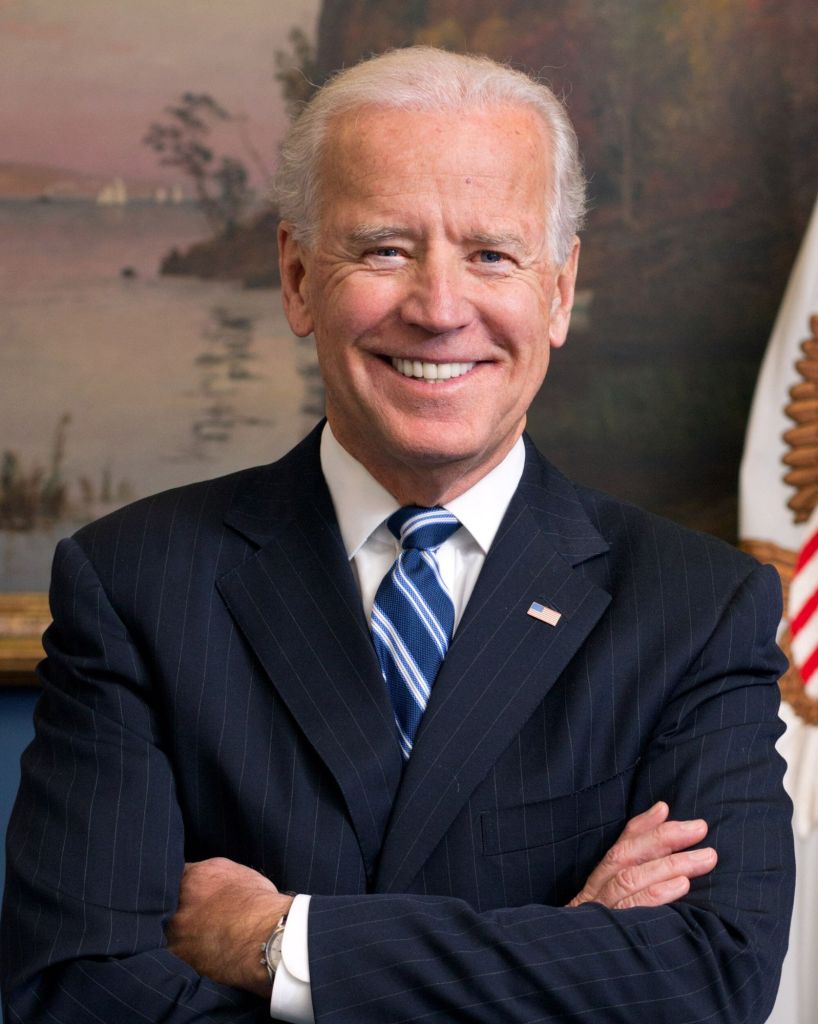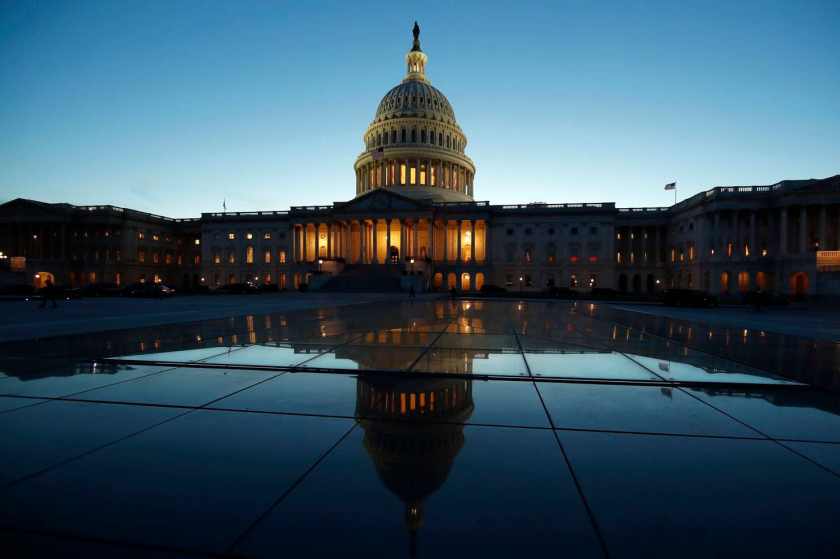
This weekend, we witnessed a horrifying assassination attempt on the life of former President Trump. There is absolutely no place for political violence in our country, and we must all condemn it at every turn.
In the coming weeks, as the nation recovers from this shocking and tragic event, we must not lose sight of the incredibly high stakes of the November election, and the millions of working Americans whose access to affordable health care, decent wages, and a habitable planet is on the line.
I will do all that I can to see that President Biden is re-elected. Why? Despite my disagreements with him on particular issues, he has been the most effective president in the modern history of our country and is the strongest candidate to defeat Mr. Trump — a demagogue and pathological liar. It’s time to learn a lesson from the progressive and centrist forces in France who, despite profound political differences, came together this week to soundly defeat right-wing extremism.
Supporters of Mr. Biden can speak proudly about a good and decent Democratic president with a record of real accomplishment. The Biden administration, as a result of the American Rescue Plan, helped rebuild the economy during the pandemic far faster than economists thought possible. At a time when people were terrified about the future, the president and those of us who supported him in Congress put Americans back to work, provided cash benefits to desperate parents and protected small businesses, hospitals, schools and child care centers.
After decades of talk about our crumbling roads, bridges and water systems, we put more money into rebuilding America’s infrastructure than ever before — which is projected to create millions of well-paying jobs. And we did not stop there. We made the largest-ever investment in climate action to save the planet. We canceled student debt for nearly five million financially strapped Americans. We cut prices for insulin and asthma inhalers, capped out-of-pocket costs for prescription drugs and got free vaccines to the American people. We battled to defend women’s rights in the face of moves by Trump-appointed jurists to roll back reproductive freedom and deny women the right to control their own bodies.
This is the wealthiest country in the history of the world. We can do better. We must do better. Joe Biden knows that. Donald Trump does not. Joe Biden wants to tax the rich so that we can fund the needs of working families, the elderly, the children, the sick and the poor. Donald Trump wants to cut taxes for the billionaire class. Joe Biden wants to expand Social Security benefits. Donald Trump and his friends want to weaken Social Security. Joe Biden wants to make it easier for workers to form unions and collectively bargain for better wages and benefits. Donald Trump wants to let multinational corporations get away with exploiting workers and ripping off consumers. Joe Biden respects democracy. Donald Trump attacks it.









You must be logged in to post a comment.